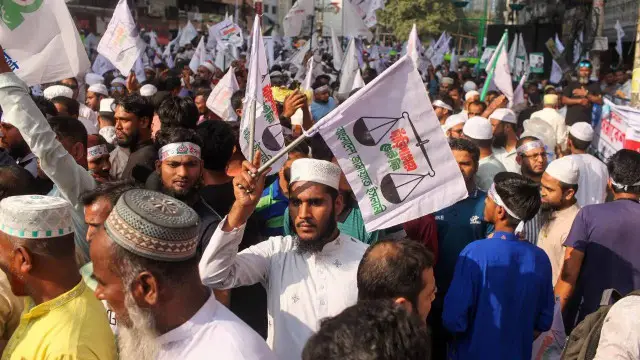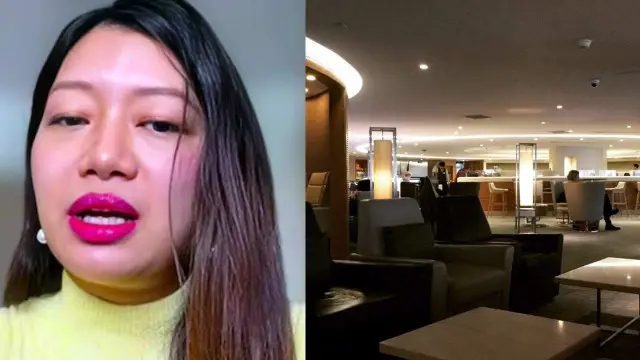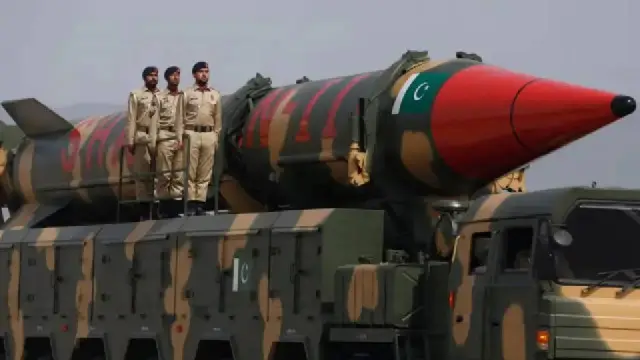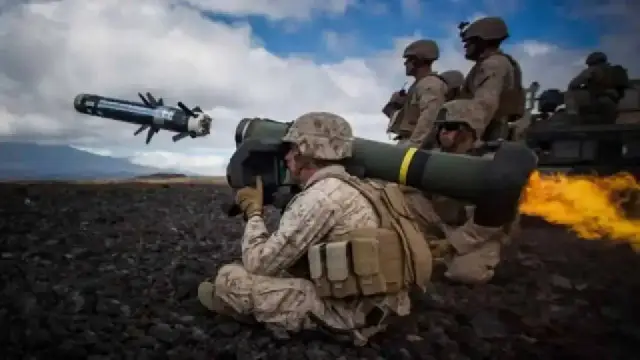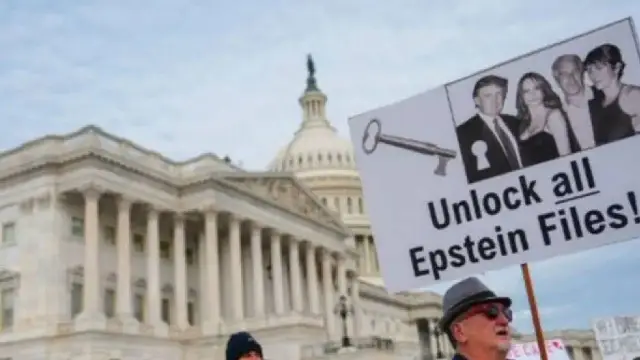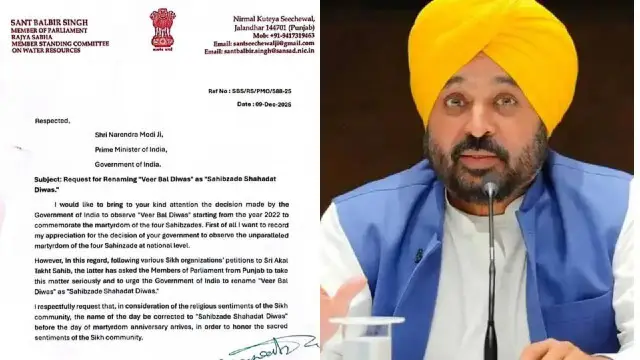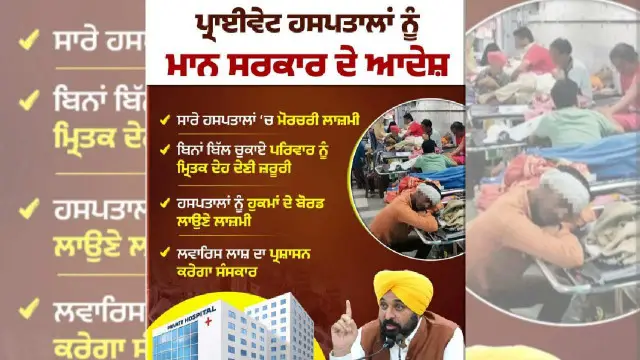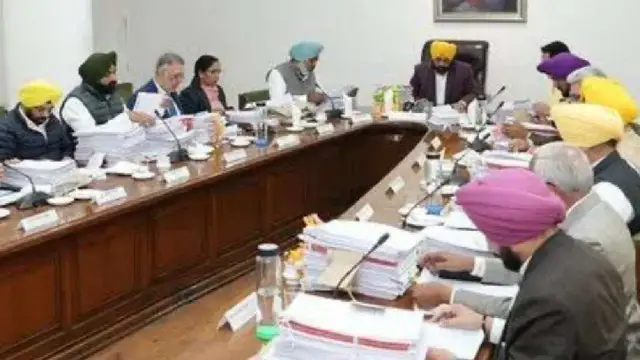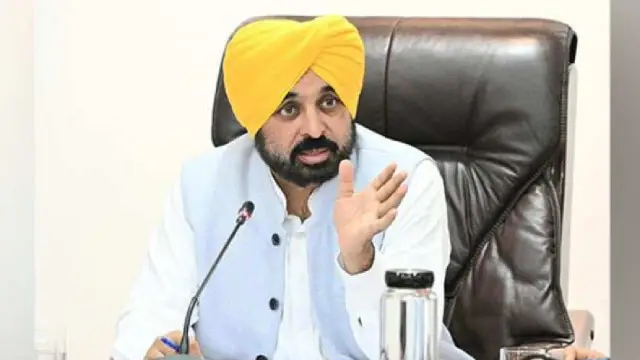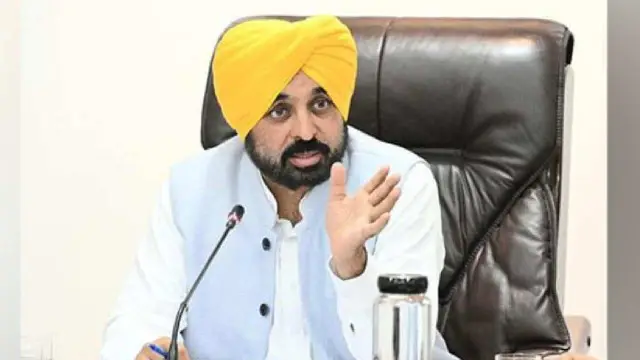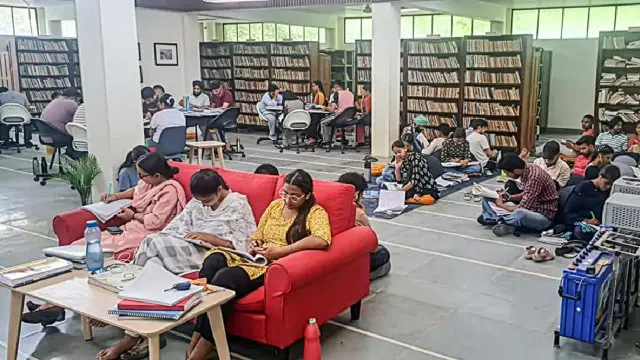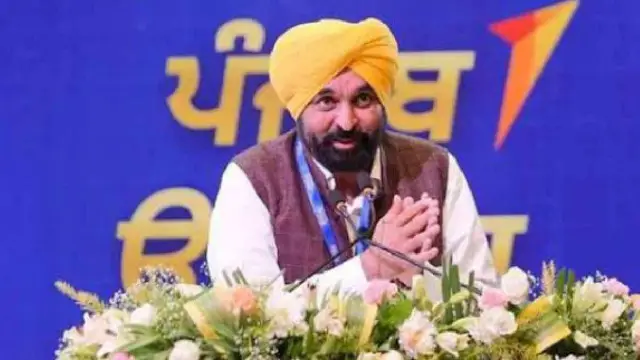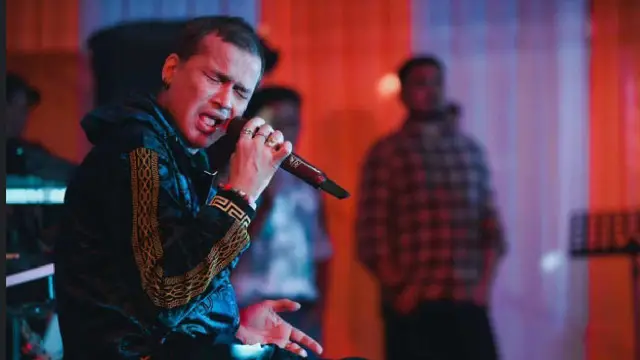Bangladesh: Students demand PM Sheikh Hasina's resignation as protests intensify
The unrest began over the reintroduction of a quota system that reserved more than half of all government jobs for certain groups, a policy that has since been scaled back by Bangladesh's top court.

Protests in Bangladesh have escalated as student demonstrators, initially rallying against quotas in government jobs, now call for a nationwide civil disobedience campaign demanding Prime Minister Sheikh Hasina's resignation, reports Al Jazeera.
Justice for fallen protesters
The movement gained momentum following the deaths of over 200 people in last month's student-led demonstrations. Students Against Discrimination, the group spearheading the protests, has rejected an offer for dialogue with Prime Minister Hasina.
Rejection of dialogue
Nahid Islam, the group's leader, stated, "She must resign and she must face trial." Al Jazeera’s Tanvir Chowdhury, reporting from Dhaka, highlighted that the student protests have evolved into a broader public movement, drawing support from various segments of society. Clashes between protesters and police have been reported in Gazipur and Comilla districts.
PM Sheikh Hasina responds
Prime Minister Hasina has called for protest leaders to meet her at her official residence, Ganabhaban, expressing a desire for dialogue and conflict resolution. "I want to sit with the agitating students of the movement and listen to them. I want no conflict," she said, according to local media. She has also appointed three senior officials to negotiate with the protesters.
Why did the protests emerge?
The unrest began over the reintroduction of a quota system that reserved more than half of all government jobs for certain groups, a policy that has since been scaled back by Bangladesh's top court. The quota system exacerbated frustrations among graduates facing an unemployment crisis, with 18 million young Bangladeshis out of work according to government figures.
Government crackdown led to violence?
Initially peaceful, the protests turned violent after police and pro-government student groups attacked demonstrators. In response, Hasina's government imposed a nationwide curfew, deployed troops, and shut down the mobile internet network for 11 days to restore order. Home Minister Asaduzzaman Khan stated that security forces operated with restraint but were "forced to open fire" to protect government buildings.
How did the world react?
The government's handling of the protests has drawn severe backlash, resulting in at least 200 deaths, including 32 children, and numerous injuries. UN experts have called for an immediate end to the violent crackdown and accountability for human rights violations. UN Human Rights Chief Volker Turk urged the government to disclose details of the crackdown and provide information on those killed, injured, or detained. Additionally, European Union foreign policy chief Josep Borrell has called for an international investigation into the "excessive and lethal force against protesters."




